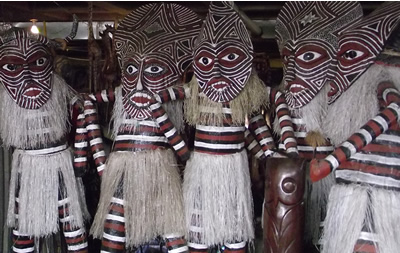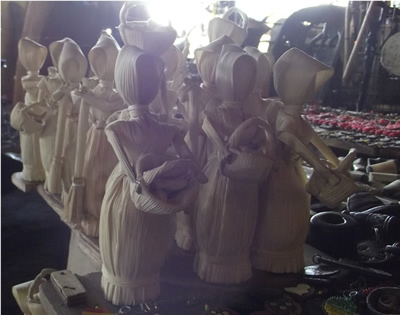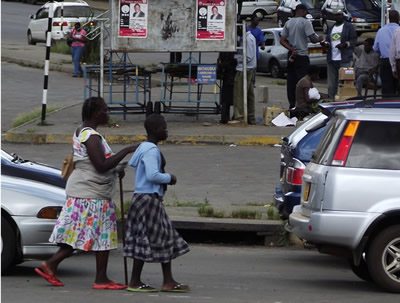That billion-dollar question
Monday, April 11th, 2011 by Marko PhiriWhen there was this huge business moguls shindig east of the country [wise men eh?] a few weeks ago about constructing a billion-dollar economy in the next two decades, news copy was awash with glowing editorialising about these men and women pitching their blueprint for a fabulously rich Zimbabwe. If the country’s political gladiators set aside their differences surely the USD1 billion economy was not a psychedelic reverie. With the right political will and economic genius from the private sector, Zimbabwe would be the biggest economy south of the Sahara.
The Vee Pee Mujuru was hailed for speaking with the level headedness that appeared to have surprised many: this is the commitment the country needs from its political leaders, the business heavies heaved. All the contradictions that have emerged in this country about promoting investment on one had and threatening – and indeed going ahead with – company takeovers were set aside or conveniently forgotten, after all what was to be gained by raising those concerns when there was an economy to be [re]built, money to be made, jobs created, detractors shamed, etc. Yet the very issues that were identified as inimical to the creation of a billion-dollar economy have been revisited on the country with doubled resolve. Which investor wants to put his money where cops gas mourners, throws teargas into churches, deny political parties and law abiding citizens right to assemble, bans free thought rallies etc.
We already know that some major potential investors are from countries where liberal democracy rules the day and companies are only too aware that choosing countries that do not respect human rights risk a boycott of their business. So how do we have it both ways such that we liberally and violently suppress prayers for peace and at the same time lobby international investors who come from backgrounds that respect human rights to pour in their multi-millions to create jobs and build that billion-dollar economy? Obviously these are questions that are not of concern to the authorities who unleash such brute force on “peace-loving Zimbabweans,” but you sure feel sorry for those heavy weights who pitched this billion-dollar economic utopia that while they obviously mean well, the very folks to whom they pitch these grand plans throw spanners and gonyets into the works. But for what exactly? Such a pity, living in the city is like living in the time of Frank Nitty.












